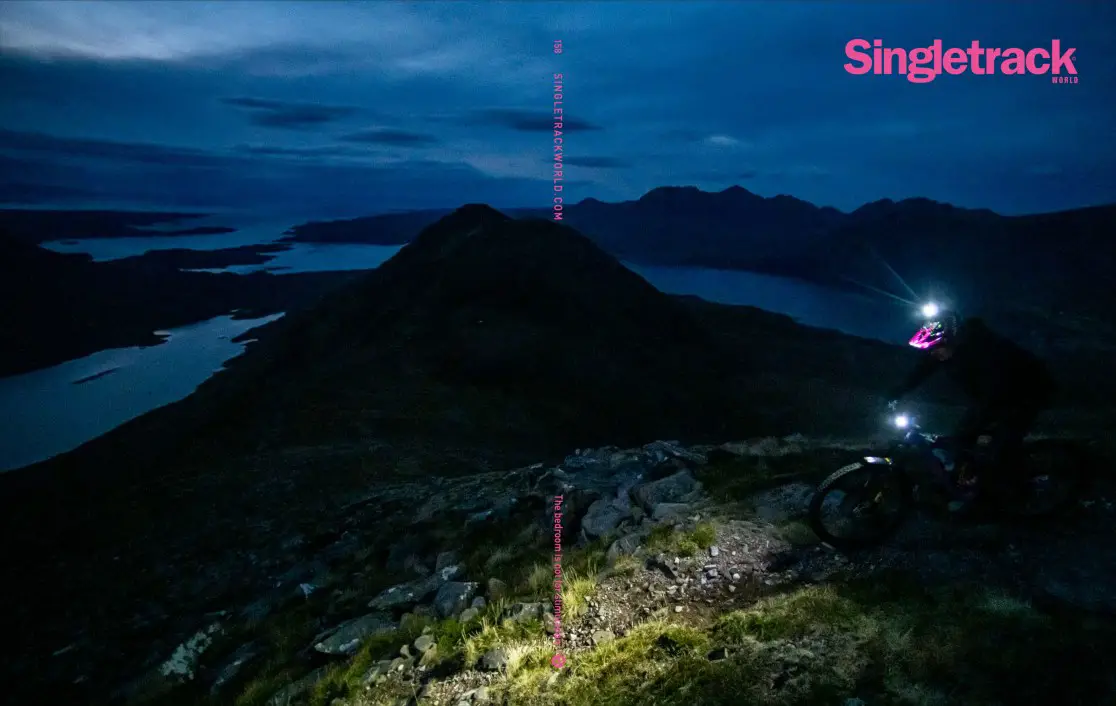I'm astonished people still don't get why kids privacy may need to be protected. It comes up on here occasionally, but comes up regularly at schools, sports clubs, Scouts etc.
At least one of my friends who have adopted have to keep their child's new identity private, sadly, but has to be done.
In these cases it is because the biological parents still represent a threat to the child.
I understand that there may be a threat, but once adopted, I was not aware there was a *legal* position on this and the choice would be solely that of the adoptive parents. Perhaps I misunderstood the meaning of the word 'cannot' in the posters' context and it means 'it would be dangerous in our circumstances to do this'.
I was not aware there was a *legal* position on this
My understanding is that there is no legal position in any situation unless a court rules on this in conjunction with a pending case. None of the examples cited in this thread (of children's identities needing to be protected) are legal requirements, rather they are safeguarding requirements.
I understand that there may be a threat, but once adopted, I was not aware there was a *legal* position on this and the choice would be solely that of the adoptive parents.
At risk kids are still supported by social services. There is some horrific things some kids have had to suffer. They remain very vulnerable throughout their childhood and even as adults because of these.
I’ve sat through so many child safeguarding sessions and the odd case review that it’s been absolutely disturbing. If me not taking a photo of my kids to protect a child I’m good with that. It seems to that self entitled comes from camera operators for the media. No surprises there.
^^^ Fair enough (asking as a newly 'qualified' foster carer but we only very briefly touched on the rights of adoptive parents during the training).
There is some horrific things some kids have had to suffer.
And yes I know this very well having seen some of the cases put to us for consideration for fostering.
My understanding is that there is no legal position in any situation unless a court rules on this in conjunction with a pending case.
Yeah. Those comments were in reply to "why is photographing children a safeguarding issue?"
It may well be perfectly legal. But as others have said, there may be a risk to those children beyond some hypothetical paedo taking photos for the bank. I have a couple of friends who were in this exact situation, they adopted two young kids who had been removed from their abusive family. The kids were relocated across the country and given new names for their own protection. Someone innocently posting photos of them into the public domain could have been a real threat to their safety.
So it would actually be preferable to say that you're a pedo taking pics for lusting over later, rather than saying you're a parent taking pics of your kid for the family Facebook page.
